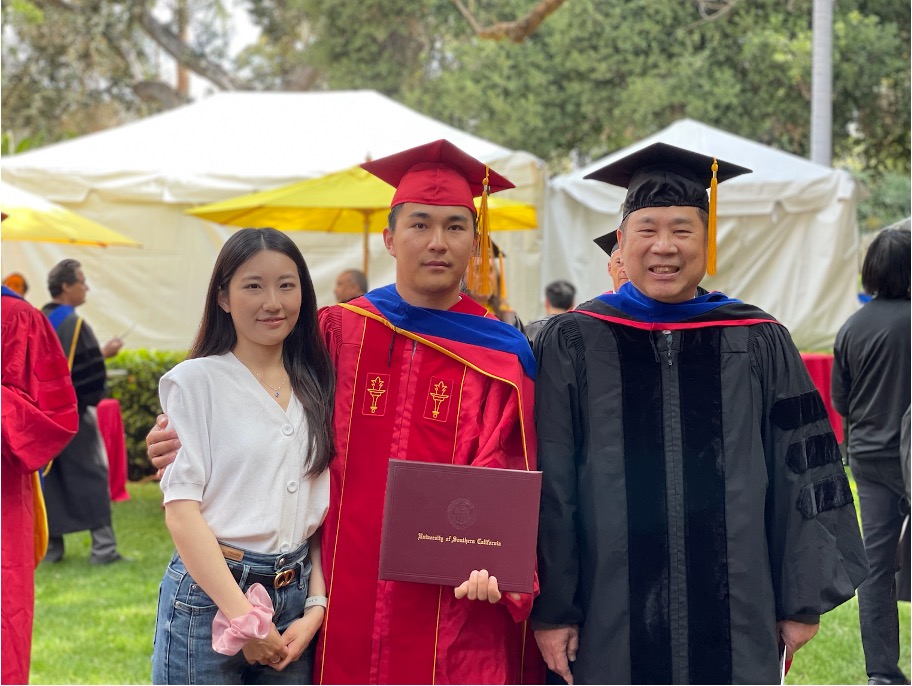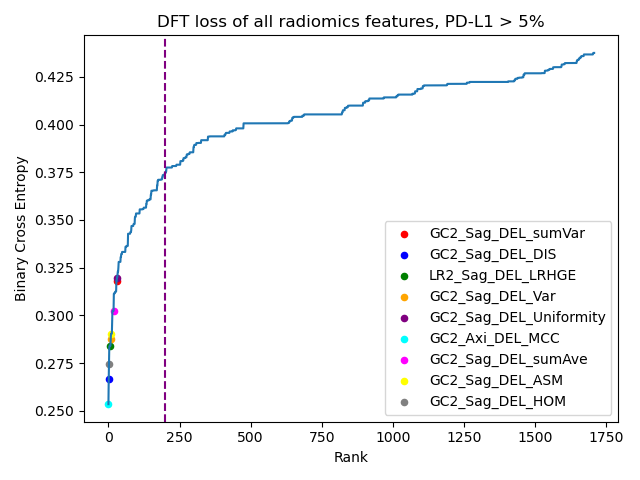Congratulations to Yifan Wang for Passing His Defense
Congratulations to Yifan Wang for passing his defense today. Yifan’s thesis is titled “Advanced Techniques for Green Image Coding via Hierarchical Vector Quantization.” His Dissertation Committee includes Jay Kuo (Chair), Antonio Ortega, and Aiichiro Nakano (Outside Member). The Committee members appreciated Yifan’s contributions to this field in solving a very challenging problem. MCL News team invited Yifan for a short talk on his thesis and PhD experience, and here is the summary. We thank Yifan for his kind sharing, and wish him all the best in the next journey. A high-level abstract of Yifan’s thesis is given below:
”We developed an image compression codec, “Green Image Codec,” which differs from the traditional intra-prediction/transform-based or deep learning-based codec. We aim to have a codec with low decoding complexity and reasonable performance. We utilize the multi-grid representation as the foundation for our vector quantization-based codec. We proposed several coding tools that were designed and specialized for VQ to improve the rate-distortion gain and reduce the coding complexity. Systemic RDO, which was missing from the traditional VQ-based codec, was added to our framework and relieved the burden of finding suitable coding parameters. We can perform better at a low bit rate compared to H.264 intra with similar complexity.”
Yifan shared his Ph.D. experience at MCL as follows :
“During my time at MCL, I am very grateful for Professor Kuo’s push, hard work, and wisdom; I learned a lot from him. Even though the Ph.D. life for my first year was struggling, the new research topic for VQ-based image coding with few previous references brought a lot of trouble. We made many trials and errors, and I almost lost confidence and motivation because of the difficulty of developing a new codec. However, Professor Kuo kept working hard and provided [...]



















